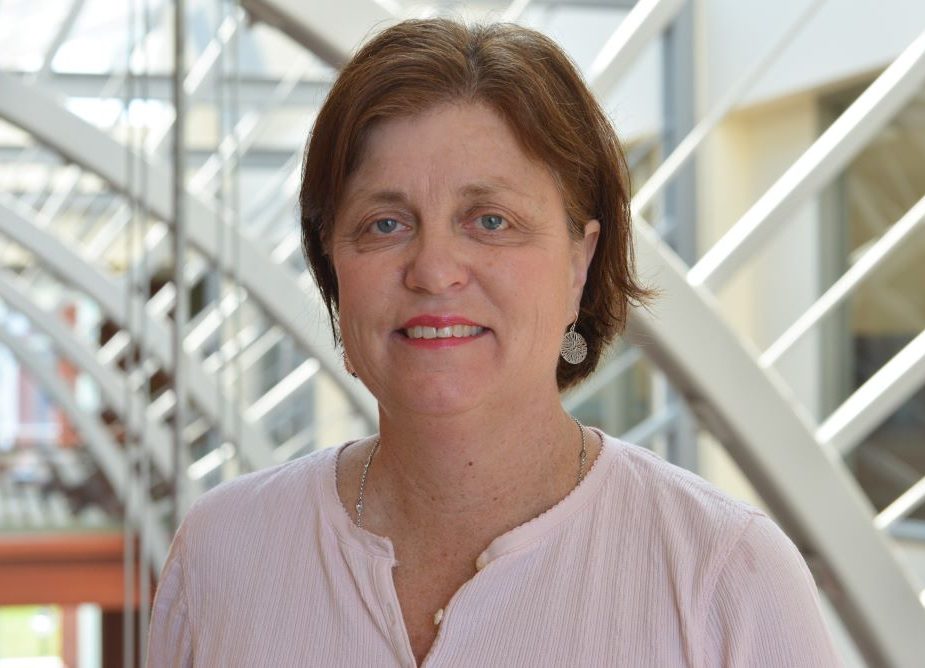Background
Dr. Melissa Bray, PhD, NCSP, CCC-SLP is a Professor and the Director of the School Psychology Program in the Neag School of Education at the University of Connecticut. Bray is also a licensed psychologist and speech language pathologist in Connecticut.
Bray’s main area of research is mind-body health, with a focus in the use of different psychological treatments such as relaxation and guided imagery to treat physical health issues such as asthma, as well as communication disorders like stuttering. “I am interested in mind-body health work as the relationships between communication, academics, physical, and mental health are best viewed in an interdisciplinary collaborative manner where—when accomplished—outcomes and impacts are impressive,” Bray says. She chose to begin her research on asthma because working in that area allowed her to work without needing a large grant. She utilized standardized spirometry to measure lung functioning in response to psychological treatment, i.e. relaxation and guided imagery. This early independent research generated a long-standing interest in asthma research.
Bray received her bachelor’s degree in communication sciences at the University of Connecticut and attended Southern Connecticut State University for her master’s degree in order to become a speech language pathologist. Through her experiences working with other professionals in child study teams, she developed a passion for working in the school system and a keen interest in the field of psychology. She later decided to go back and get her second master’s and PhD in school psychology, also at UConn. “This combination of specialties has worked especially well not only in practice, but also in my research on mind-body health due to the interdisciplinary collaboration,” says Bray.
Bray is currently working on a project with researchers at both UConn and Pace University. This project involves running a replication using relaxation and guided imagery with students who have respiratory problems (mainly asthma) that may result from learning factors, anxiety, and stress. She is also wrapping up another replication project that uses virtual reality with individuals who stutter.
Involvement with CSCH
Bray is impressed with the Collaboratory’s work in connecting different disciplines centered around programming in schools and other systems. “I am glad to be able to contribute to the amazing work done by the Collaboratory and provide my expertise in the fields of psychology and speech language pathology,” she says. Bray was initially drawn to become an affiliate of the Collaboratory due to her association with Dr. Sandra Chafouleas, Co-Director of CSCH, who is also a faculty member in the School Psychology program at UConn.
Learn more about Bray and her work on her Faculty Page. You can also read a CSCH Q&A about her work with the UConn Mind-Body Health Research Interest Group.
Fun Facts
Bray, and her husband Bill, are the parents of six kids who thus far have all attended UConn or plan to. She also has a Australian Shepherd named Tiger who she rescued.
Undergraduate Researcher Elena Roberts interviewed Melissa Bray and wrote this profile.
